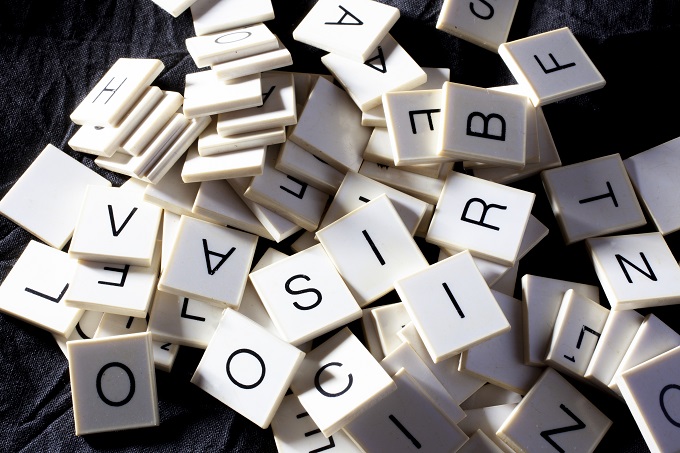
A reading resource has been discontinued over its inclusion of kupu Māori. © fidelio - stock.adobe.com
<h2><span data-contrast="auto">In a move that has angered the education sector, the Ministry of Education has discontinued reading resource ‘At the Marae’ in its small-book form, stating that its inclusion of six Māori words (kupu Māori) would confuse learners. </span><span data-ccp-props="{}"> </span></h2>
<p><span data-contrast="auto">The book remains available as a “big book”, designed for shared group reading with a teacher. </span><span data-ccp-props="{}"> </span></p>
<p><span data-contrast="auto">In a statement the Ministry said: “The decision was guided by phonics sequencing and decoding suitability, rather than a defined word-count threshold.</span><span data-ccp-props="{}"> </span></p>
<p><a href="https://www.schoolnews.co.nz/latest-print-issue/" target="_blank" rel="noopener"><b>Read the latest print edition of <em>School News</em> online HERE.</b></a></p>
<p><span data-contrast="auto">&#8220;Unlike other titles in the series, which typically include no more than three kupu Māori (excluding character names), At the Marae featured six different kupu Māori. While these words reflect everyday language used in classrooms and communities, the higher number presented decoding challenges within the phonics sequence used in the series.&#8221;</span><span data-ccp-props="{}"> </span></p>
<p><span data-contrast="auto">The Ministry stated that the decision was made in collaboration with literacy experts, educators and cultural advisors. </span><span data-ccp-props="{}"> </span></p>
<p><span data-contrast="auto">However, some literacy experts have refuted this reasoning, saying that there is no evidence the inclusion of kupu Māori would interfere with English literacy acquisition, and sector leaders have called the decision racist. </span><span data-ccp-props="{}"> </span></p>
<p><span data-contrast="auto">‘At the Marae’ is one of 75 books supplied by a Ministry approved structured literacy provider. Founder Gail Gillion said “there’s absolutely no evidence to suggest children are finding this reader confusing. And in fact, our data would suggest the opposite.”</span><span data-ccp-props="{}"> </span></p>
<p><span data-contrast="auto">Bruce Jepsen, President of Te Akatea, the Māori Principals Association said “our members see this move as an act of white supremacy. It’s an act of racism. It’s a determined act to recolonize our education system, and it sends a very dangerous message and is immensely harmful and it&#8217;s utterly shameful.</span><span data-ccp-props="{}"> </span></p>
<p><span data-contrast="auto">&#8220;Our members view this as a blatant attack on our language, dismissal of our culture, and an assault on our identity as Māori.&#8221;</span></p>
<p><span data-contrast="auto">Te Manukura of NZEI Te Riu Roa, Ripeka Lessels, said “This is just the latest decision by the Government that tells us English comes first and Māori language and culture is dispensable.</span><span data-ccp-props="{}"> </span></p>
<blockquote>
<p><span data-contrast="auto">“The excuse is it&#8217;s too confusing or challenging for kids to decode reo Māori words but this is to justify the real goal of downgrading te reo Māori and Te Tiriti from education.”</span><span data-ccp-props="{}"> </span></p>
</blockquote>
<p><span data-contrast="auto">Lessels said their members contine to be committed to upholding Te Tiriti, in part by continuing to honour te reo Māori in their classrooms.</span><span data-ccp-props="{}"> </span></p>

NZCER found generative AI tools are frequently used to support teaching and learning in primary…
NCEA was designed to broaden educational success, explains David Pomeroy from the University of Canterbury.
More than just a break from the classroom, a visit to a zoo or wildlife…
Without proper maintenance and care, trees can become a hazard. Are your trees in need…
Loneliness and social disconnection negatively impact wellbeing. A new WHO report finds teens feel the…
Should play-based learning be part of the primary curriculum? Researchers asked primary teachers from Australia…
This website uses cookies.